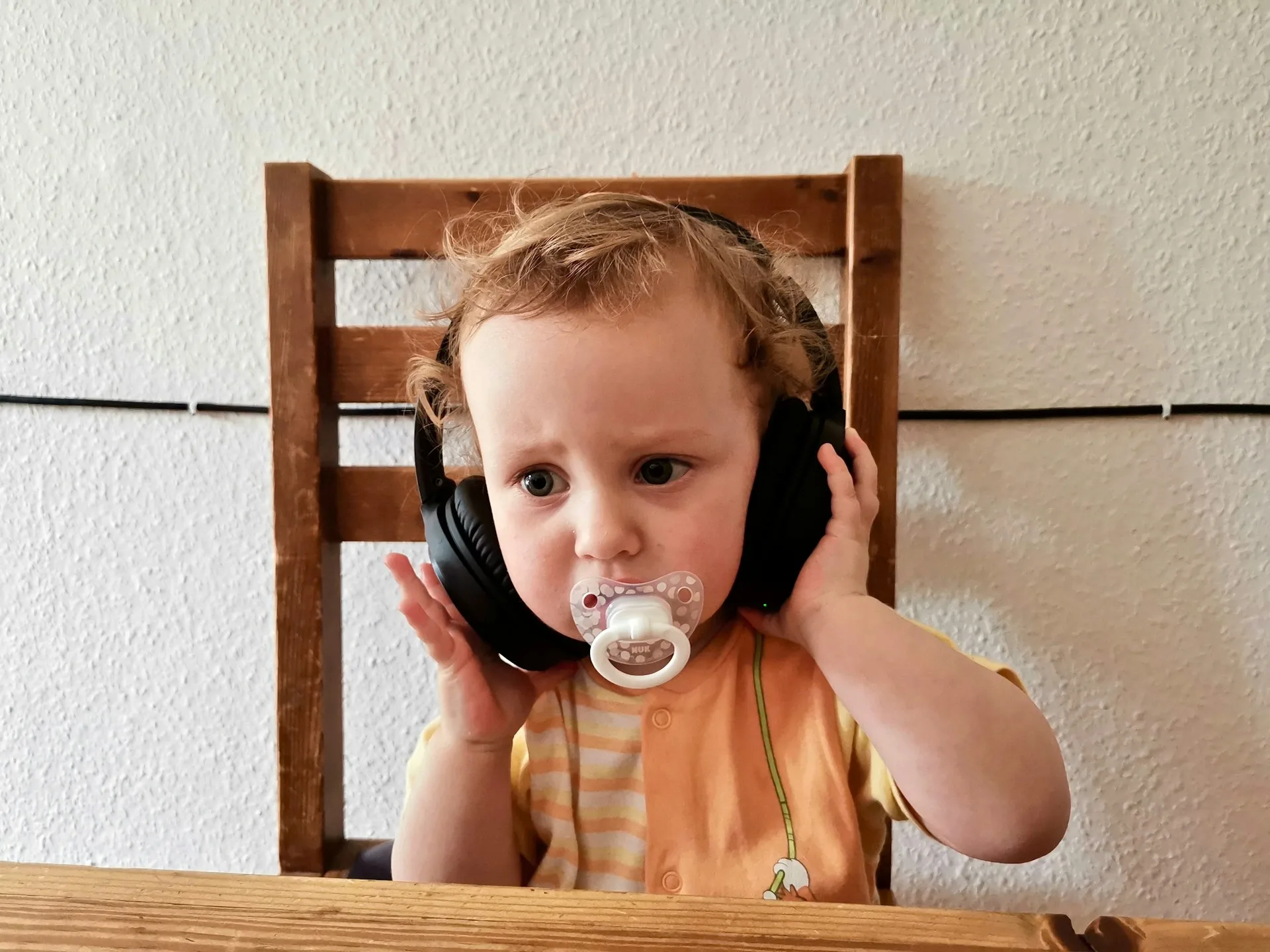Children are often sensitive to sudden and unexpected noises. Even in safe environments — at home, at school or at the playground — they can experience intense anxiety, agitation or even panic. This is especially noticeable during wartime, when loud noises are associated with danger. At such times, it is most important for a child to have a ‘safe adult’ nearby — someone whose behaviour is understandable and predictable.
‘When a child is exposed to loud noises, they need an adult who will be a source of support for them. This should be someone they can turn to for help and whose reaction will be stable and calm,’ explains psychologist Anna Lushchyk.
Read also: Free Course for Psychologists: Autumn Training in Psychosocial Support
Methods for reducing anxiety
Lushchik emphasises that all techniques aimed at relieving tension and restoring contact with the body are useful. In her work, she refers to the work of child psychologist Svitlana Roiz, who has developed a series of simple exercises for children.
“Breathing techniques are one of the most effective tools. This can be a deep breath and slow exhalation or, for example, a loud exhalation, turning this process into a game. Svitlana Roiz has created special ‘inhale-exhale’ cards that make the exercises more interesting for children,” says the psychologist.
Exercises to restore contact with the body also help: a light massage of the ears, the ‘butterfly hug’ technique, squeezing an anti-stress toy or ball. It is also helpful to listen to your favourite music or audio stories with headphones, drink water in small sips, or have lollipops or dried fruit on hand.
“It is very important for children to have something small and familiar that they can hold in their hands — a small toy, key ring, or ball. This creates a sense of control and reduces anxiety,” emphasises Anna Lushchik.
Read also: How to help with panic attacks and crises: practical advice from a psychologist
Actions of familiar and unfamiliar adults
Under normal circumstances, support for a child is provided by loved ones. However, there are situations when unfamiliar adults are nearby — for example, during evacuation or in a shelter.
‘Then, first of all, you need to sit down at the child’s eye level to establish contact. Calmly introduce yourself and explain what is happening. Physical contact is only possible with the child’s permission,’ says the psychologist.
She emphasises that it is important for adults to avoid making hasty promises such as ‘this will be over soon’ if they are not sure. Instead, they should be there for the child, speak in simple words and help them use techniques to reduce anxiety.
“The most important thing is to stay close and demonstrate stability. Even a small backpack with a favourite toy, water, headphones or cards with simple exercises can be a source of support that will help the child feel calmer,” concludes Anna Lushchyk.
Read also: The Poryad assistance portal for war victims has been launched in Ukraine



